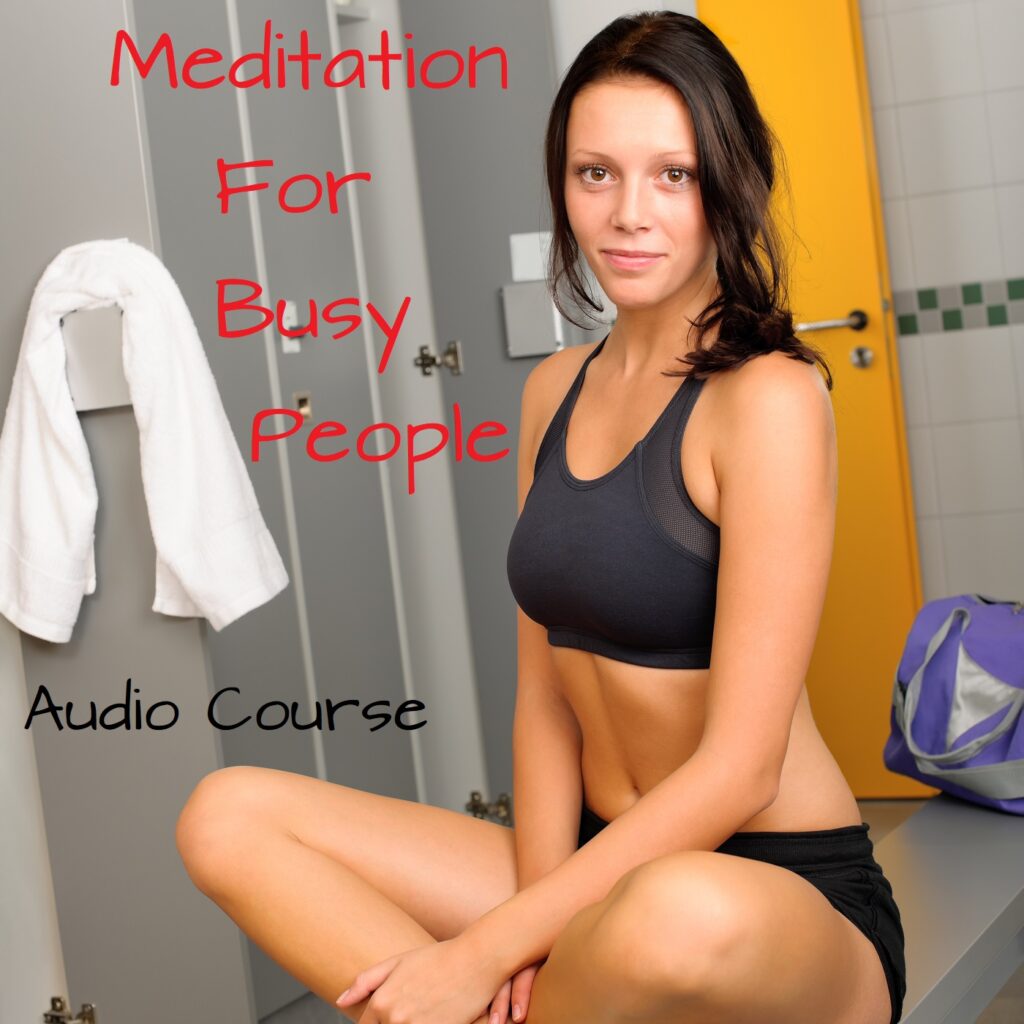Meditation has several positive benefits on your physical and mental health, one of which being stress-relief.
In fact, meditation is one of the most effective ways to relieve and manage stress.
Unfortunately, many people believe they’re too busy to meditate, causing them to forgo meditation, its numerous benefits, and stress-relieving abilities.
Prioritizing your meditation is key to finding a way to fit meditation into your busy schedule.
With this course, you will gain key insights on meditation, learn about the health benefits of meditation, and learn how to incorporate meditation into your busy schedule.
Topics covered:
3 Stress Relievers You Need to Learn Today
5 Myths About Meditation
5 Things To Help You Meditate
4 Ways You Can Master Meditation
6 Mistakes You Make That Stop You From Meditating
8 Tips to Meditate More
8 Ways to Meditate for Busy People
How You Can Develop Your Meditation Skills
The One Secret to be Stress-Free
Top 4 Skills You Need to Master to Relieve Stress

Meditation is a practice in which an individual uses a technique – such as mindfulness, or focusing the mind on a particular object, thought, …
Meditation can be a valuable practice for busy individuals, as it can help reduce stress, increase focus, and promote a sense of calm amid a hectic schedule. Here are some meditation tips tailored for busy people:
- Start Small: You don’t need to meditate for an extended period. Begin with just a few minutes each day and gradually increase the duration as you become more comfortable.
- Morning Meditation: Consider starting your day with a short meditation session. This can help set a positive tone for the day and enhance your focus and productivity.
- Lunchtime Break: Use your lunch break as an opportunity to meditate. Find a quiet spot at work or sit in your car if needed. Even a 5-10 minute meditation can provide a refreshing break.
- Mindful Commuting: If you have a daily commute, use that time to practice mindfulness. Focus on your breath, notice your surroundings, and avoid the urge to multitask or check your phone.
- Guided Meditations: There are numerous guided meditation apps and recordings available that cater to busy schedules. These can lead you through a short meditation session and provide structure.
- Use Technology Mindfully: While technology can be a source of stress, it can also be a tool for meditation. There are meditation apps and YouTube channels that offer quick, guided sessions you can do on the go.
- Breathing Exercises: Practice deep breathing exercises throughout the day. Taking a few deep, mindful breaths can help you center yourself, reduce stress, and improve focus.
- Mindful Moments: Incorporate mindfulness into everyday activities. For example, be fully present while eating, walking, or even doing mundane tasks. This can turn routine activities into mini-meditations.
- Prioritize Self-Care: Recognize the importance of self-care, and schedule time for meditation as you would for any other essential activity. Treat it as a non-negotiable part of your daily routine.
- Be Kind to Yourself: Don’t judge yourself if your mind wanders during meditation. It’s a common experience, even for experienced practitioners. Simply acknowledge the distraction and gently return your focus to your chosen point of concentration, such as your breath.
- Use Meditation Apps: There are several meditation apps designed for busy individuals. These apps offer short, effective meditation sessions that can easily fit into your schedule. Examples include Headspace, Calm, and Insight Timer.
- Mindful Breathing: When you feel overwhelmed or stressed, take a moment to focus on your breath. Inhale deeply, hold for a few seconds, and then exhale slowly. Repeat this a few times to regain composure.
Remember that meditation is a skill that develops over time. The key is consistency and making meditation a regular part of your routine, even if it’s just for a few minutes each day. By doing so, you can reap the benefits of reduced stress and enhanced well-being, even amidst a busy lifestyle.